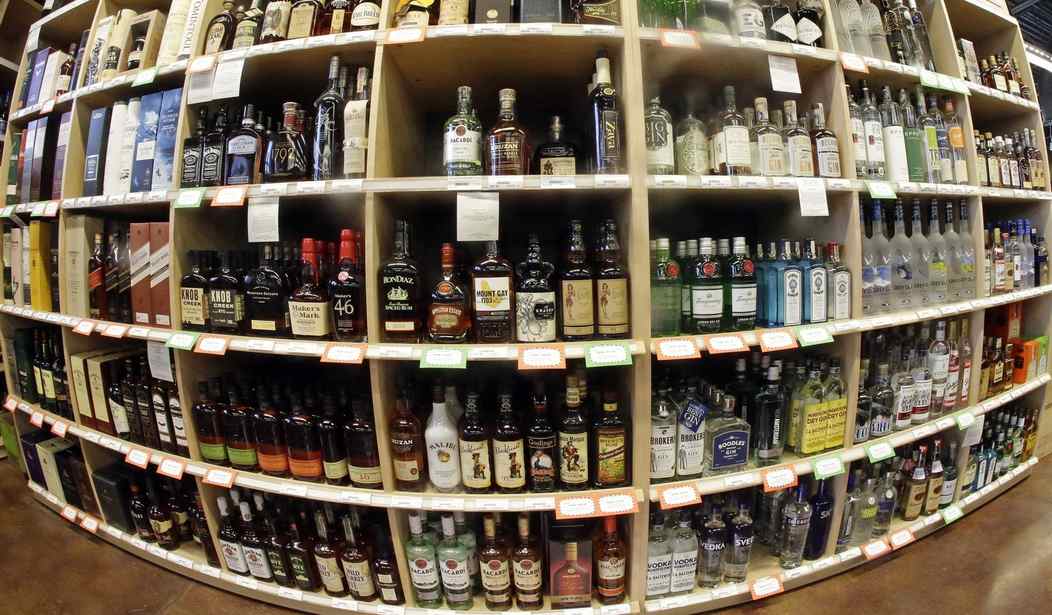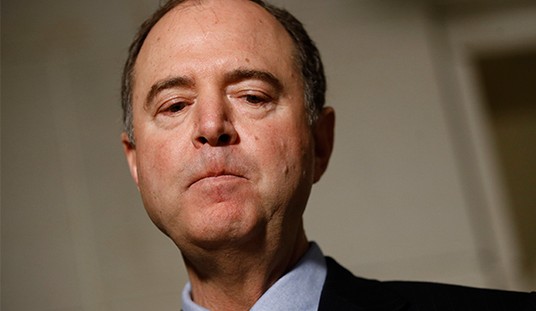The Canadian high court handed down a ruling on Friday that criminal defendants may argue that they were so drunk as to be in a state of “automatism” and therefore not responsible for some violent crimes, including assault and sexual assault.
Canada had a law that barred defendants from using the extreme intoxication defense. Passed after a particularly heinous rape in 1994 of a 65-year-old wheelchair-bound woman by a man claiming to be extremely intoxicated, the defense attorney argued that the defendant was incapable of acting voluntarily or possessing the guilty mind needed for conviction. The high court agreed, and the automatism defense was established.
But in 1995, Parliament passed a law barring the accused from using that defense. It stood until Friday when the court reinstated the defense.
The Supreme Court ruled Friday that the law “undermines many of the core beliefs used to structure our system of criminal law.” It said Parliament could still pass laws in the area in a way that would “trench less on the rights of the accused,” including by creating a stand-alone offense of criminal intoxication.
The ruling concerned cases from Ontario and Alberta.
The Alberta case involved Matthew Winston Brown, who had several mixed drinks, a few beers and some magic mushrooms at a party. He broke into two homes and assaulted the occupant of one. An Alberta trial court found the law unconstitutional andacquitted him, but a provincial appeals court disagreed.
The presumption of innocence is one thing. That’s been enshrined in Anglo-Saxon law for 800 years since the Magna Carta was signed.
But there’s nothing in that ancient and honorable document or any other document saying that there’s a presumption of belief — that a criminal must be believed when he claims to be so inebriated that he’s incapable of recalling the specifics of his crime.
But don’t tell that to our Canadian cousins.
The Supreme Court said that “drunkenness, absent clear scientific evidence of automatism, is not a defense to general intent crimes, including crimes of violence such as sexual assault.”
“These are not drunkenness cases,” Kasirer wrote. “The accused in each of these appeals consumed drugs which, they argued, taken alone or in combination with alcohol, provoked psychotic, delusional and involuntary conduct, which are reactions not generally associated with drunkenness.”
One of the cases the Supreme Court ruled on involved a defendant drinking mixed drinks, a few beers, and some “magic mushrooms” (psilocybin) — a hallucinogenic chemical whose effects are usually pretty mild. Having ingested magic mushrooms in my youth, I can attest to the fact that the very last thing one wants to do when high on mushrooms is assault and rape anyone. It’s a bogus defense and should be excluded except in extremely rare cases.
The court made clear that ordinary drunkenness will not be a defense. But it’s still unclear how the magic mushrooms contributed to “delusional and involuntary conduct.”
“These are not drunkenness cases,” Kasirer wrote. “The accused in each of these appeals consumed drugs which, they argued, taken alone or in combination with alcohol, provoked psychotic, delusional and involuntary conduct, which are reactions not generally associated with drunkenness.”
Nor are those reactions generally associated with magic mushrooms. This isn’t Reefer Madness where smoking one puff of grass turns you into a psychotic monster. The behavior described is more likely attributed to a psychotic personality rather than the mushrooms.
All the more reason to keep defense attorneys from making a mockery of justice and getting their clients off based on bogus science.










Join the conversation as a VIP Member